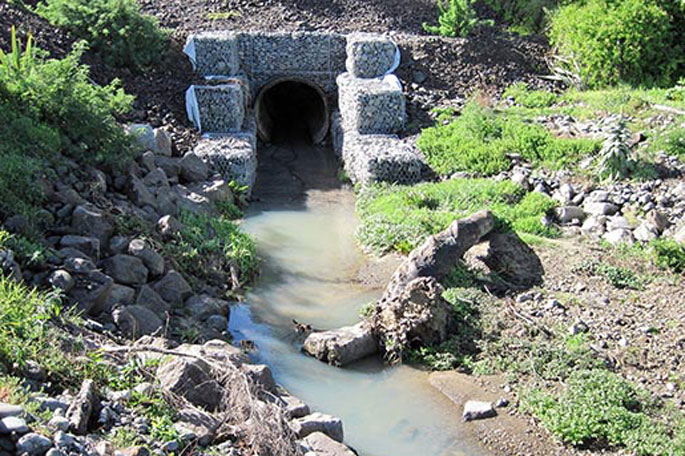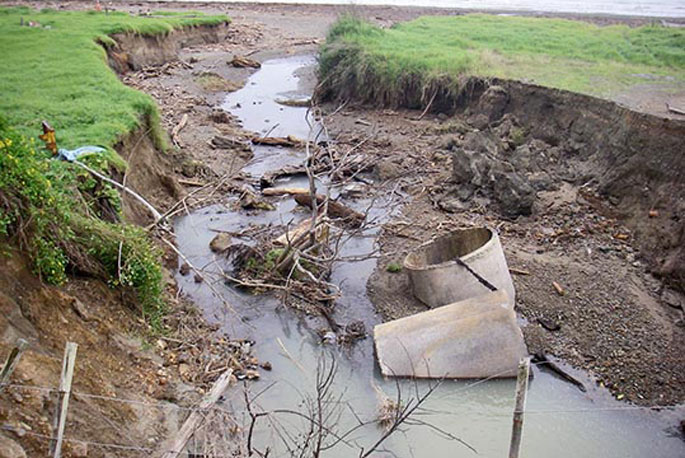Five organisations have asked Bay of Plenty Regional Council to make changes to its region-wide consent for works on waterways, which is up for renewal.
Two independent commissioners, environmental consultant Rob van Voorthuysen and Sheena Tepania from the Office of the Chief Freshwater Commissioner, spent two days last week hearing submissions on the regional council's integrated catchments group's consent renewal application to carry out works in waterways.
The application was for a long-term, region-wide consent to carry out works in waterways to repair bank erosion, remove sediment and debris, and maintain and clear stream mouths.
These activities are permitted within the regional council's River Scheme Maintenance Areas and this consent is required to allow these same activities to be carried out in other waterways in the Bay of Plenty, subject to consultation requirements.
The existing consent was granted in March 2009 and expired on September 30, 2018.
It remains in operation under section 124 of the Resource Management Act which allows the consent to continue while the council follows the process of reapplying.
The consent is used by the council between 10 and 20 times a year, usually to work with landowners more quickly on small to medium priority and urgent repairs where people or property are at risk.
The integrated catchments group announced it had lodged an application to replace its existing resource consent in November last year and the regional council opened the application for public submissions.
Extensive submissions were received by Ngāti Pikiao Environmental Society, Fish and Game New Zealand (Eastern Region), Forest and Bird Eastern Bay, Powerco and Jet Boating New Zealand.
The hearing was set down for three days in Whakatane from Wednesday, however, finished in two days.
Ngāti Pikiao, which has as an area of interest the Kaituna, Pongakawa and Waitahanui stated that, 'despite the growing assertion of kaitiakitanga by Māori and the New Zealand public's concerns about freshwater and biodiversity, that the applicants do not see a need to enhance the consent conditions established in 2009. The environment society wanted to see more emphasis on prevention strategies.
 Orini Stream at Ōmaio Bay.
Orini Stream at Ōmaio Bay.
Fish and Game did not oppose the consent renewal but asked for additional conditions to be included to mitigate or remediate environmental issues.
The submitter said the consent application insufficiently considered aquatic habitat loss because of works.
Forest and Bird opposed the consent subject to amendments set out in an eight-page submission to make works less disruptive to native species, including notification of site-specific environmental management plans of proposed works in areas known to contain significant environmental values and, in the case of works during spawning, migration or nesting seasons, reasons why work needs to be undertaken during the proposed timelines.
Powerco, New Zealand's second largest gas and electricity distribution company, sent a written submission seeking to ensure that care was taken that works did not affect the ongoing operation, maintenance or access to its electricity network.
Jet Boating New Zealand made a submission referencing the placing of erosion protection structures in stream beds.
The organisation was opposed to the use of railway irons as part of the groyne structure due to the damage they could cause to boats.
The commissioners have deferred their decision.
This is expected to be announced in about a month.




0 comments
Leave a Comment
You must be logged in to make a comment.